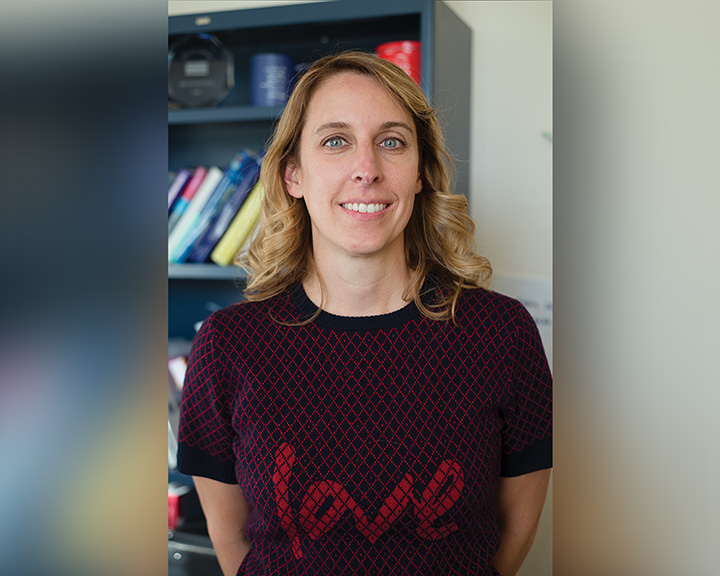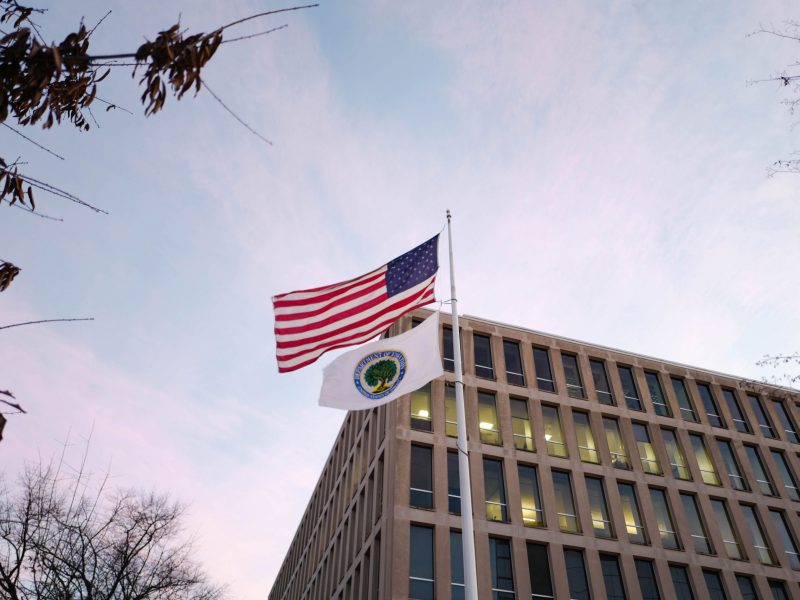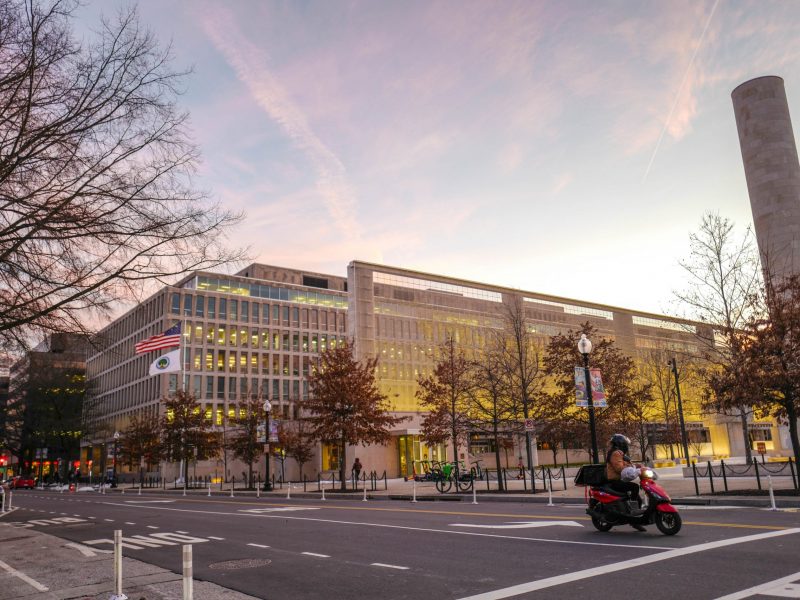A University of Maryland alumnus, researcher and professor is in the process of creating a network that can be utilized by government scientists and science communicators to find jobs if they are fired during the Trump administration.
Computer scientist and university information studies and computer science professor Jen Golbeck, who is also the director of the Social Intelligence Lab at this university, came up with the idea to create a network of scientists — called the Freedom of Science Network — after reading a series of Badlands National Park tweets focused on climate change Tuesday.
“Under one of the tweets, someone had written, ‘To the person who wrote this, when you get fired let me know and I’ll get you another job,’ which gave me the idea to create my own network,” Golbeck said. “I feel like given all the things the Trump administration is already doing — such as blocking government scientists from talking about science and to the public — that the science community needs to do something and this is a way we can take a little step to organize if potentially something bad is to come.”
Golbeck created a Google forum and tweeted it out to her followers on Tuesday. Her message was retweeted over 1,000 times in two days, and Golbeck said she has gotten so many direct messages on Twitter that she keeps hitting the limit per day on how many she can respond to. As of Sunday, about 350 people have signed up, including 10 professors and researchers from the University of Maryland.
So far, scientists from both national and international companies have signed up, Golbeck said. This includes Amazon, Google, Providence Health Care and various companies located in the United Kingdom. However, most of the scientists who signed up come from academic environments, she said, including the University of Utah, Johns Hopkins University, the Skolkovo Institute of Science and Technology located in Moscow and George Washington University.
“Lots of people in Europe signed up who are like, hey we can attract all of these scientists who can’t do work in the United States right now,” Golbeck said. “What we will end up with is this core network of people who sign up, but there will be branches into these other spaces.”
Jessica Stimely, a junior physiology and neurobiology and Spanish major, thinks this network of scientists will be beneficial to the scientific community.
“I think it’s a really great idea, and depending on the level of organization could really work to connect people with expertise to others,” she said. “In my experience in research, it’s been very hard to get jobs in a new area, however, once you have an ‘in’ it becomes so much easier to continue on in your research career.”
Yousuf Khan, a junior cell biology and genetics major, also thought positively of Golbeck’s idea.
“I really respect what she’s doing,” Khan said. “Science is a collaborative effort that transcends just bench work; it encompasses all aspects of one’s career.”
When President Trump signed an executive order Friday that immediately blocked people in seven predominantly Muslim countries from returning to the United States, Golbeck used the network’s newly created Twitter account to secure beds and lab spaces on six continents for scientists stuck overseas. In the next few weeks, Golbeck plans to formalize the scientists who have signed up into a proper mailing list and to “create a collaborative social media site where those who have signed up can engage with each other a bit more.”
“We’ve had administrations that were against climate change or against certain research, but the stuff we’ve seen in the last few days where they have tried to suppress government organizations from talking about science and facts, such as with the parks service and the EPA, that’s tax payer-funded science,” Golbeck said. “The fact that the administration is saying, ‘You can’t have access to this public info,’ is really dystopian and scary, but I’m hopeful that if someone gets fired for speaking out against it this network will help them.”



